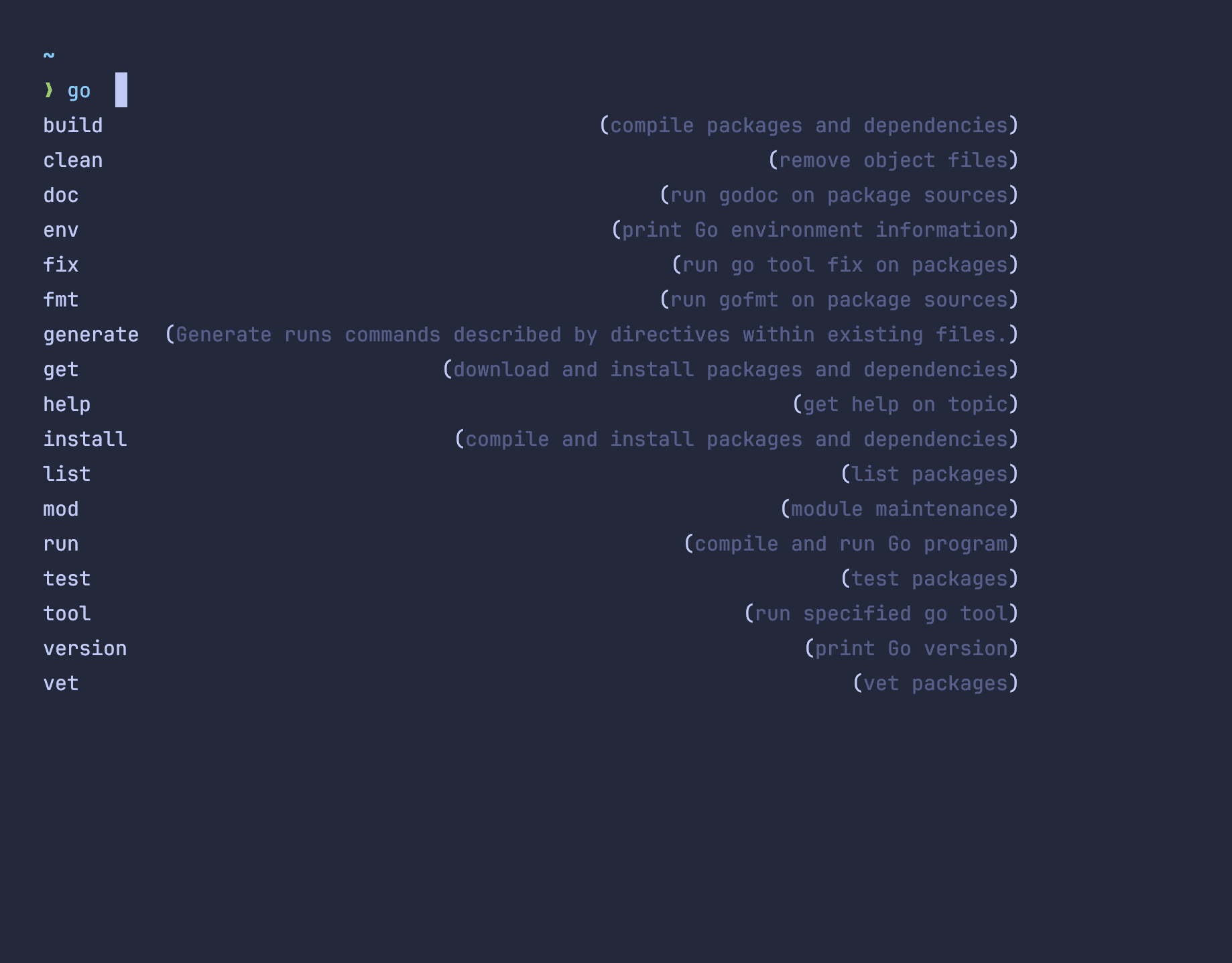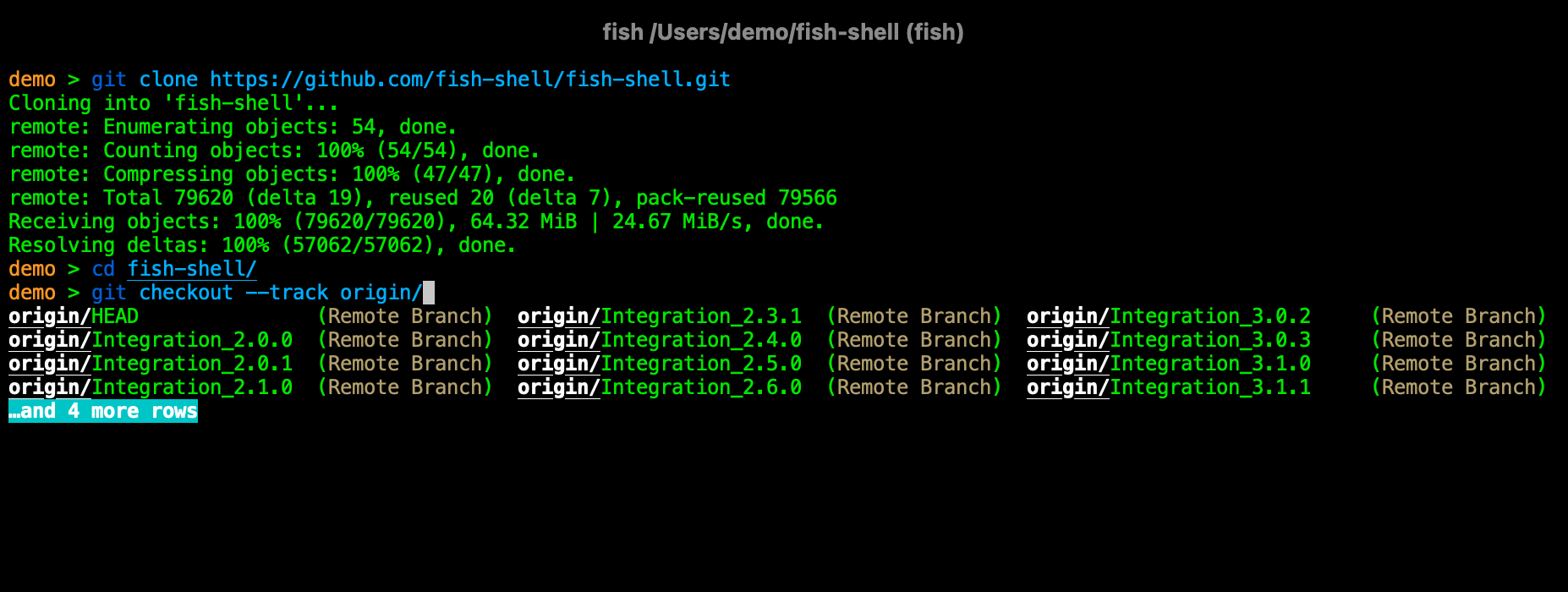

I don’t understand why you’d buy this over the first party Steam Deck


I don’t understand why you’d buy this over the first party Steam Deck


Another really helpful tool is to use the fish shell instead of bash. It has tons of useful features, but my favorite is by far the autocomplete. It parses man pages to provide suggestions for flags, subcommands, even passed arguments, and each item in the results list has a description, and it’s all searchable by hitting shift+tab.


That’s what leveled up my cli game from 0-100. It’s a massive difference in usability and discoverability. And unlike things like nushell, it’s close enough to bash that you won’t feel confused if you have to use bash instead.


I had that on a physical machine! It broke hardcore lol I had to reinstall the OS after trying to update


And I bought it last year! Just because it’s been out for a while doesn’t mean people aren’t still discovering it. Especially true for a 2d, stylized game like Terraria where maxing out the performance and graphics isn’t essential to make it competitive with newer games.
Swift: : Equatable
(assuming all the members of the struct are themselves equatable, if not the compiler will tell you to implement the == method)
My best recommendation is a good git GUI. I really like Gitkraken (proprietary & freemium unfortunately, but a pretty generous free plan). I’m now more advanced than many of my coworkers because it helped me form an intuitive understanding of git.


DuckDuckGo has an app which can block trackers system-wide on Android
Lol chill, I use Firefox. I can still call out good things in other browsers even if I don’t like the browser as a whole for other reasons. None of what I said there was in support of chromium.
Brave can make micro payments to content creators based on the number of views to the site, directly supporting content creators without ads or the need to join the patreon for each creator. It’s a fully optional system, off by default but prompted upon opening the browser for the first time. It’s a cool idea but they kind of spoiled it by making it be a crypto wallet with ads to earn the crypto.
Also, Brave doesn’t have a subscription…?
Honestly, despite the crypto, good on Brave browser for trying to subvert the advertising model by providing an actual monetization alternative


Yeah, never thought about this before, but how do blind users deal with captchas?
Have you used fish? The built-in fuzzy matching works pretty well for me. Wondering if there’s any reason to add atuin in. Sync seems like a negative to me more than a positive.


Rust is a lot more niche and intimidating of a language compared to Swift. Swift is familiar to C++ devs, while modernizing the language and toolchain, and providing safety guarantees.


Also, Safari on Windows had low usage, and was probably a pain to maintain. Swift cross platform is more about abstracting out Apple specific things (like the standard library and UI toolkit). Apple has already been investing multi-year efforts into Swift on the server for longer than Safari on Windows existed. The last couple versions of Swift (~3-4years of development) have been almost entirely focused on safe concurrency, which is intended for server-side development.


Actually, this isn’t true. Apple has a vested interest in cross platform Swift. They’ve been pushing hard for Swift on Linux because they want Swift to run on servers, and they’re right to. Look at how hard JavaScript dominates on the server-side because of one language everywhere.


I’ve worked with Swift a bunch for Apple platforms, am mildly familiar with how it works on other platforms. It should be able to compile on a wide host of platforms with minimal/no issues. The runtime dependencies are localized to Apple platforms, and I think the dominant UI toolkit on other platforms is a Swift port of qt. So it should be just fine?
What do you have against the number 4?


That’s what decentraleyes does as well
This is a fantastic write-up, thanks for sharing!
You could’ve made music out of ejecting/retracting those all at different times!
Would’ve actually been fantastic distributed systems practice, synchronizing all of those to tight tolerances of music across a network connection…